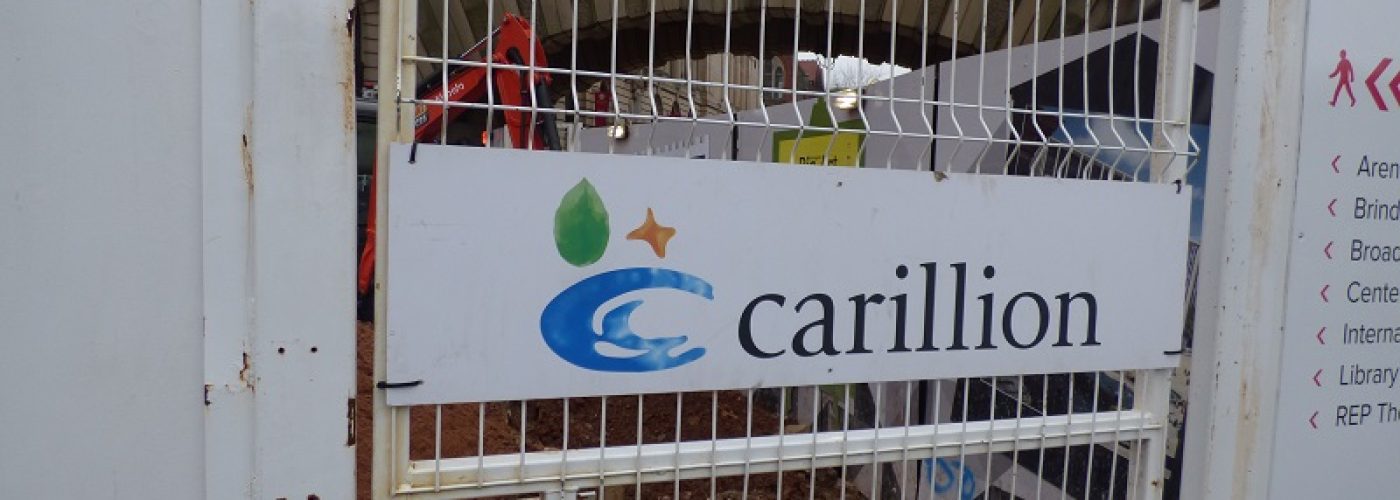Now that the Carillion’s collapse is becoming old news, ArchOver CEO Angus Dent outlines the lessons to be learnt and the steps that smaller businesses should take to make sure future failures will not touch them.
At the time of its demise, Carillion had £1.5 billion worth of outstanding payments, a £2.6 billion pension debt, and it issued three profit warnings in just five months, so in reality its failure should have come as no surprise taking the state the company was in. What happened to it is an important reminder that no matter how big a company is, it can still fail.
The industry did not know how bad Carillion’s position was and now the consequences of it are 43,000 jobs left in uncertainty and money owed to more than 30,000 small business. Although credit insurers have confirmed that they will pay out a £30 million compensation, that only accounts for a small portion of the total debt owed.
Unpaid invoices generally account for 25% of bankruptcies, with the figures for the construction industry being even higher. This sector experiences the highest levels of insolvency per year, so SMEs need to be more aware of the risks they are exposed to.
If you are the owner of an SME, then do your research before working with a big company. Don’t just rely on its reputation for reassurance. You could look at whether they have a good record for paying their debts. Or how about asking your peers if they had issues with invoicing them?
Additionally, consider what would happen if a customer was to default and ensure that you have protection, such as credit insurance, in place. The Carillion collapse proves that credit insurance does pay off when a big contractor goes bust, but not enough companies took it out.
Trusting a company’s longevity or size is understandable, but it can also be a risky mistake. Investments and contractors can go bad, so you need to make sure you are protected. SMEs should not accept contracts where there’s a risk that they won’t be paid or where there aren’t measures in place to protect them against losses.





